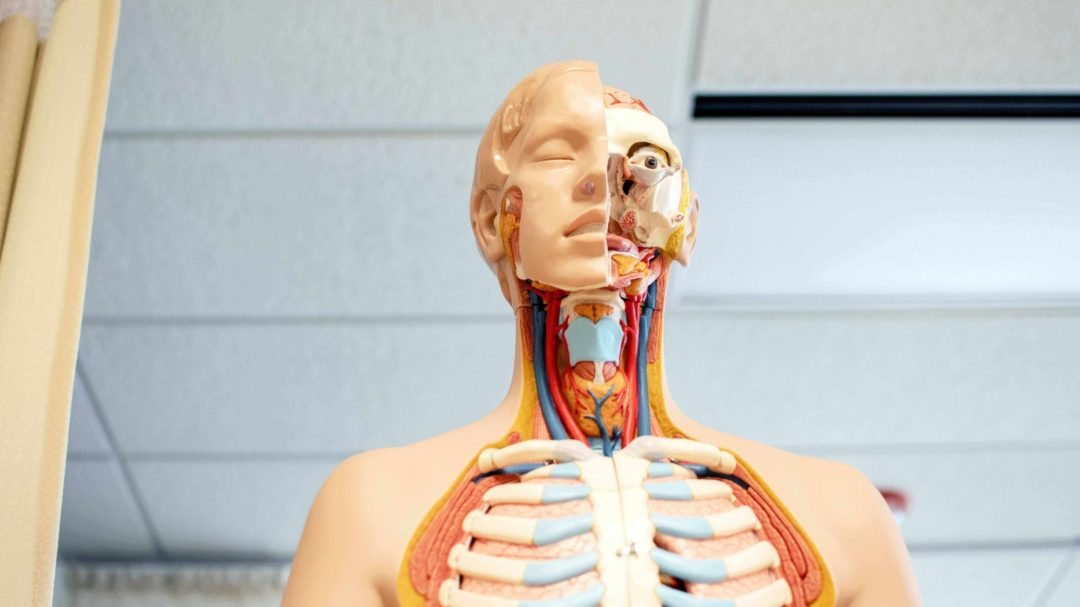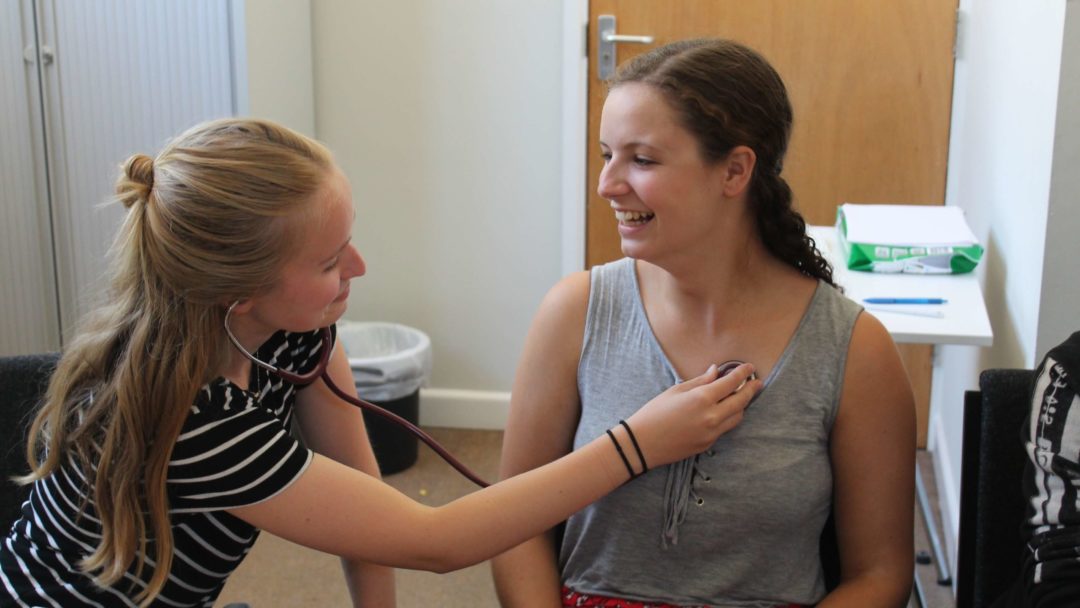Why Study Medicine?
What is Medicine?
Medicine is a field dedicated to the diagnosis, treatment, and prevention of diseases and conditions that affect individuals and communities. It encompasses a range of health care practices evolved to restore and maintain health.
The History of Medicine: From Ancient Beliefs to Modern Discoveries
Thousands of years ago, people believed that diseases came about due to supernatural or divine causes. That was until the ancient Egyptians, and later Hippocrates, came along with the idea that diseases have natural, treatable causes. This was the birth of medicine: the science, art and practice of preserving health. But why study Medicine now?
Fast forward a couple of thousand years, and you have the opportunity to study Medicine with more accuracy and detail than ever thought possible. The exciting part is that there’s a huge amount of knowledge about diseases and the human body that is still undiscovered, perhaps there is something yet to be discovered that you could work on!

Is Medicine Right for You?
Medicine is renowned for being a long and challenging degree, so deciding to go for it is not something many people take lightly. If you’re considering medicine as a career, it’s essential to know your reasons why.
With so much to learn, it’s a good thing that medicine provides plenty of motivation, if you see things from the right perspective. You are literally studying how your own body works, what can go wrong with it and how we can fix or prevent that. If you find that fascinating enough, the bulk of learning will hardly feel like a burden!
Why Study Medicine in the UK?
In the UK, medical school lasts 5 years: two years of academic theoretical studies, followed by three years of clinical training in a teaching hospital.
During this training, you’ll get hands-on tuition in the world of patient care and form a better idea of what you want to specialise in after graduation. There are many teaching hospitals throughout the world, and four in Oxford alone. The biggest of these is the famous John Radcliffe hospital, which you’ll get a taste of as part of the Medicine Summer School with Oxford Scholastica (subject to availability).
Learn more about our Summer School in Oxford

Why Pursue a Career in Medicine?
First of all, there are two main paths you can take after med school: becoming a physician (a doctor who treats people) or going into research. Interested in both? There’s nothing stopping you; you could be a physician-scientist, bridging the gap between medicine and science.
As a doctor, you have the ability to help people and see the impact of your work changing someone’s life. When it comes to job satisfaction, it’s rare to find something more motivational than watching a family embrace their child after you’ve performed a lifesaving operation. Or even hearing that the new drug you’ve been testing is now improving people’s quality of life around the world.
If you want a future job where you never stop learning, where you are at the forefront of one of the pillars of modern society, then medicine is for you. As a physician, you’re always updating your knowledge to keep up with the latest discoveries in healthcare. And as a researcher, you could be the one exploring and making the latest discoveries.
So there’s no shortage of reasons to study medicine – however, there is a shortage of doctors around the world. That’s one more advantage of becoming a doctor: ensuring a secure career in an ever-expanding sector.
Why Choose Medicine Over Nursing?
If medicine requires so much effort, then why do it? A lot of people are tempted to go into nursing instead of medicine, for example, which provides a shorter study period. As opposed to nursing, medicine combines science with patient care, leaving you with the in-depth knowledge you need to take on the responsibility of treating patients.
Caring for patients is rarely glamorous and patients aren’t always obliging and grateful – the decision to become a doctor has to be your own. The best way to know if it’s for you is to get as much experience and insight into the study and profession as possible.
Next Steps for Students Interested in a Medical Degree
Experience our Oxford Medical Summer School
A summer course in Oxford exploring the realities of medical practice could be a great way to find out more. Oxford Scholastica’s medical courses for 12-14 year olds are two week courses, designed to help young teens explore the world of medicine. Research the reasons to attend a medicine summer school.
Enrich Your Knowledge with Medical Books
Reading the best books for medical students can provide insights, enhance understanding, and prepare you for your future in medicine.
Engage in Extracurricular Medical Activities
Extracurricular activities for medical students not only boost your CV but also help in personal development, networking, and refining your skills. Look for activities that align with your passions and the medical field.
Discover Medicine with a summer in Oxford
Do you want to gain some hands-on experience of what it’s like to study medicine before you start?